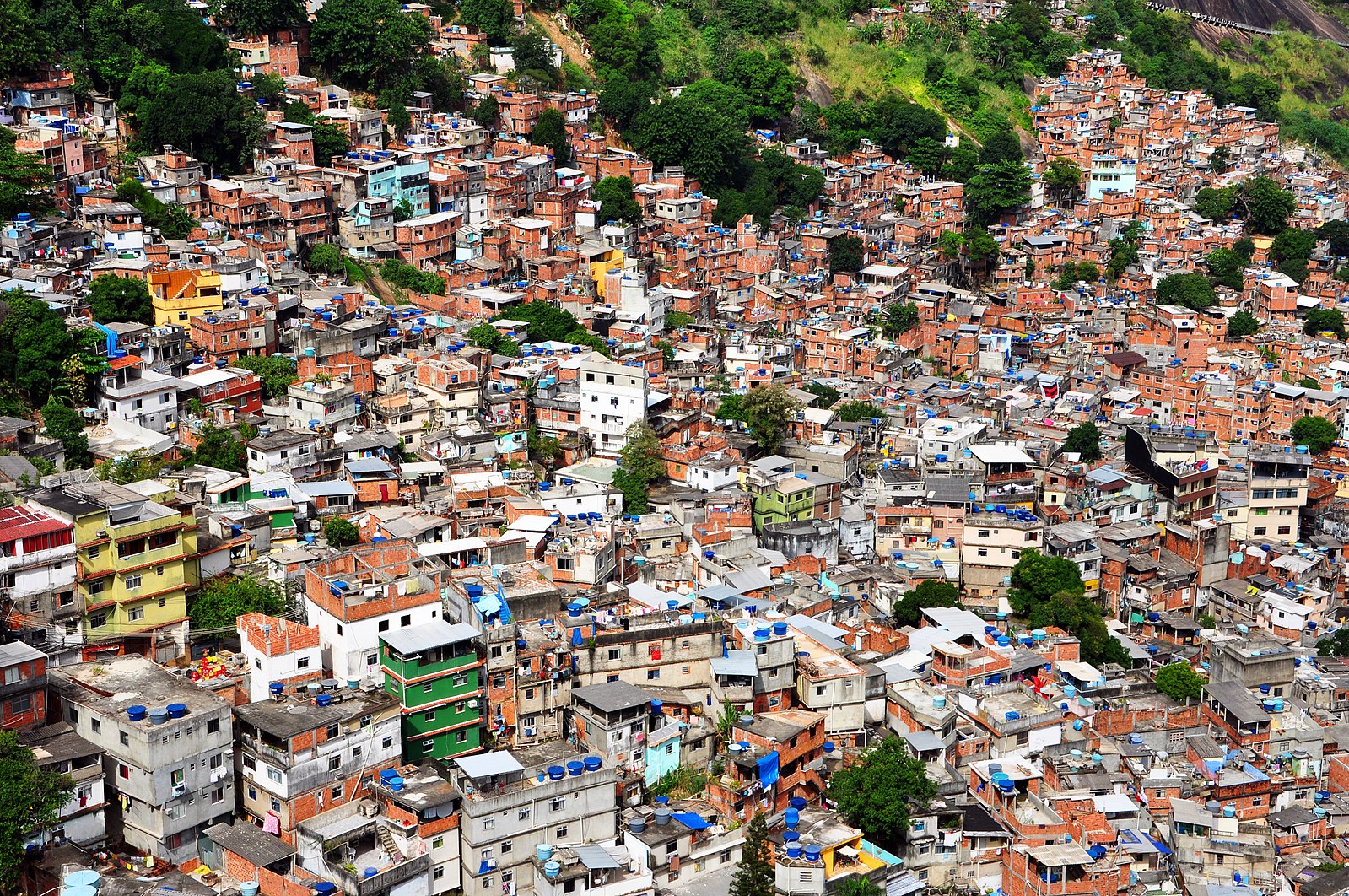On November 1, President Jair Bolsonaro gave a brief speech in which he did not acknowledge his defeat in Brazil’s second round of elections to the left-wing Workers’ Party candidate, former president Luiz Inácio Lula da Silva. Bolsonaro’s chief of staff then announced that he would hand over power democratically. He is Brazil’s first sitting president to lose a re-election bid.
After taking office in 2019, Bolsonaro changed the national drug policy to an abstinence-based one, and re-introduced involuntary commitment. These so-called treatments are are often run by evangelical religious groups known for punishing people for drug use or their sexual or gender identity. When Lula is inaugurated on January 1, 2023, he has he chance to address not only Bolsonaro’s drug legislation, but also the flawed legislation that he himself signed in 2006.
Since 1998, the Brazilian Health Regulatory Agency has maintained a list of controlled substances that bans “intoxicants” like fentanyl, cocaine and heroin, and “psychotropics” like LSD, DMT, mephedrone, methamphetamine and cannabis containing THC over 0.2 percent.
The 2006 law states that anyone found in possession of a small quantity of such banned substances should be considered a “user,” while large amounts indicate a “trafficker.” However, the law does not specify what those quantities actually are, leaving it to police officers’ discretion. Race, sexual and gender identity, and zip code largely determine if an encounter with cops ends in a slap on the wrist or being booked for trafficking.
That same law also acknowledged the need for harm reduction, and the Ministry of Health invested in a few initiatives like crack pipe distribution. But this became a flashpoint for moral panic, and law enforcement would confiscate the pipes and other supplies. Groups that were providing kits with pipes, lip balm and other safer smoking supplies were accused of enabling a “crack epidemic.”
The government initially called press conferences to explain that distributing so-called paraphernalia was intended to reduce blood-borne disease transmission. But it gave up on supporting such efforts, and the public accepted that harm reduction was frowned upon.
After Lula left office, harm reduction became more and more restricted. A remarkable municipal program in São Paulo ran between 2014 and 2017 under Workers Party Mayor Fernando Haddad, but was systematically destroyed by his rightwing successors. Today, judges interpret syringe and pipe distribution as facilitating drug use rather than harm reduction.
Resistance to the false ideal of a drug-free world is mounting.
Lula will face an uphill battle if he wants to change drug policy and legislation in Brazil, as he will have to work with the most right-wing Congress in our history. Perhaps he can speak the language they can understand, and make an economic case against drug prohibition. This is not impossible, as there are key center and center-right lawmakers who are willing to support him.
Bolsonaro was a disaster for the Brazilian economy. The regulation of cannabis and cocaine could generate jobs, boost the medical and tourism industries, decarcerate our prisons and jails and benefit the public health.
We are no strangers to politicians and cops boasting about drug seizures and arrests, then using them to legitimize funding the militarization of police forces and the prison industrial complex. The rise in mass imprisonment is equated to the alleged success of prohibition.
Since 2005, the portion of Brazil’s incarcerated population booked on drug-related charges has grown from around 9 percent to more than 29 percent. We now have the third-largest prison population in the world, and resistance to the false ideal of a drug-free world is mounting. Lula’s 2006 law is commonly blamed for the increase in drug-related convictions. He must feel the public pressure to reform drug policy.
The United States, Europe, and the United Nations have brought a drug war upon Latin America for decades. Together with Colombia and possibly Peru, Brazil could lead a new approach to drug policy, sowing legalization in defiance of the Global North and its pet organization. It is time to build peace and restore human rights by investing in harm reduction and the regulation of drug production, commerce and use.
Photograph of Rocinha, Brazil, via Wikimedia Commons/Creative Commons 4.0 International




